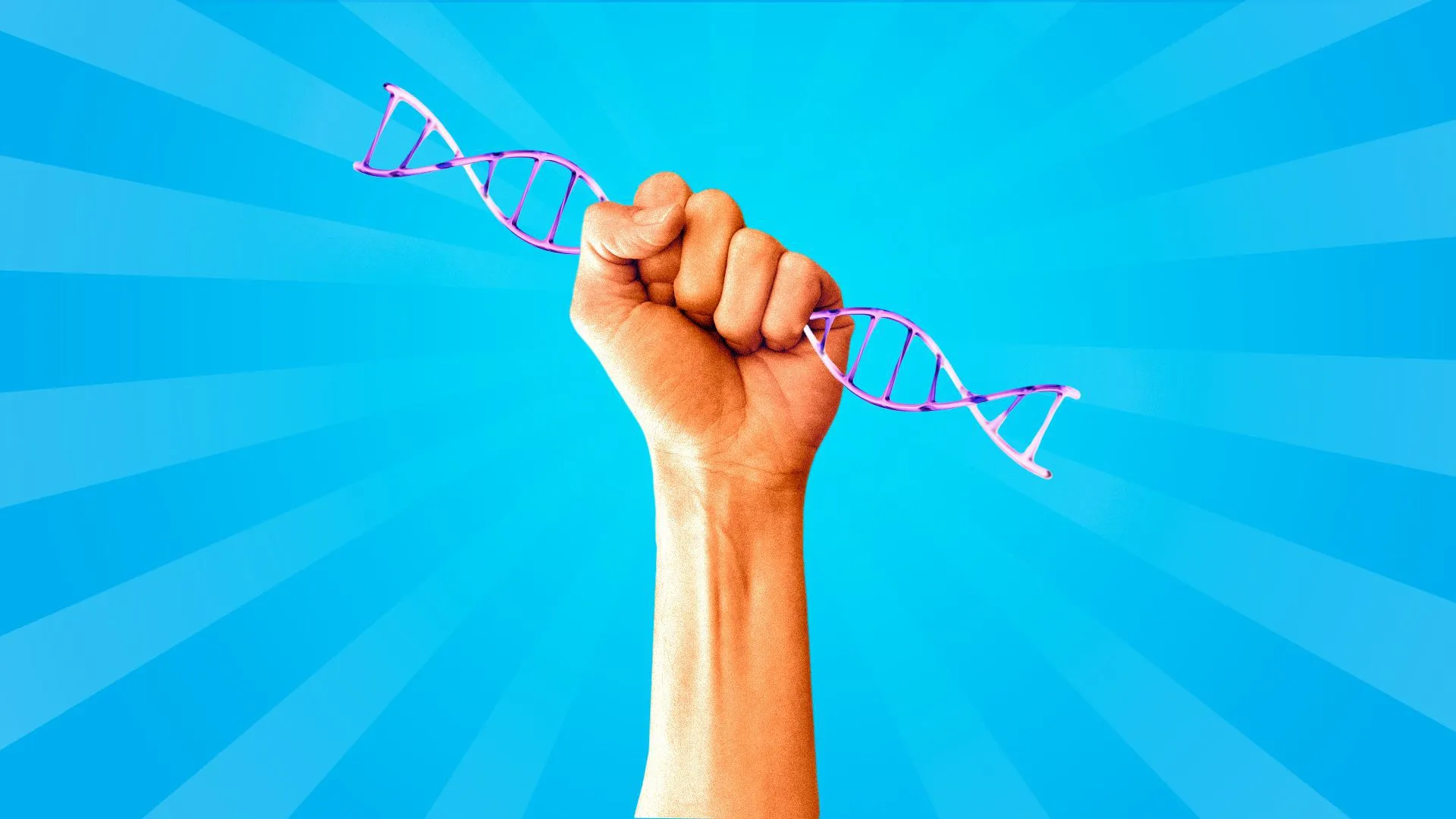The relationship between grip strength and DNA methylation age acceleration is a fascinating area of research that sheds light on the intricate connection between our physical abilities and our biological aging process.
Recent studies have revealed an intriguing finding: grip strength, a measure of muscular strength in the hands, appears to be inversely associated with DNA methylation age acceleration. DNA methylation is an epigenetic modification that can influence gene expression patterns and potentially impact various aspects of our health.
This association suggests that individuals with stronger grip strength may experience slower rates of biological aging at the molecular level. Grip strength, therefore, serves as more than just a measure of physical prowess; it may also serve as an indicator of overall health and longevity.
Understanding this relationship has significant implications for various fields, including gerontology, sports medicine, and personalized healthcare. By delving deeper into the mechanisms behind this association, researchers hope to uncover novel insights into the aging process and potentially develop interventions to slow down or reverse age-related changes.
As we continue to explore the intricate interplay between genetics, epigenetics, and human physiology, grip strength emerges as a valuable biomarker for assessing biological age acceleration. This research opens up exciting possibilities for developing personalized strategies to promote healthy aging and improve overall well-being.


